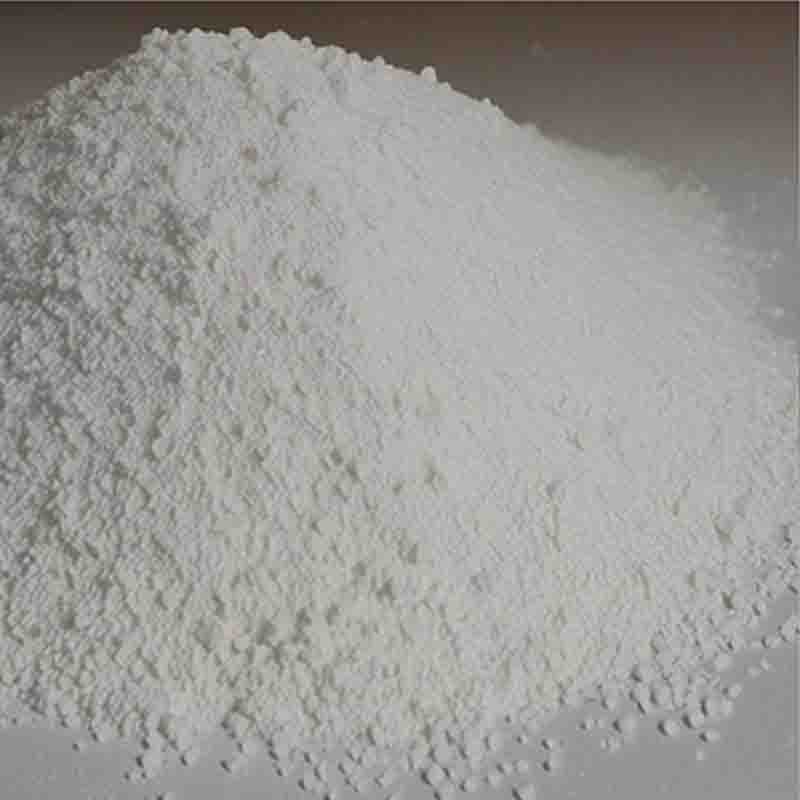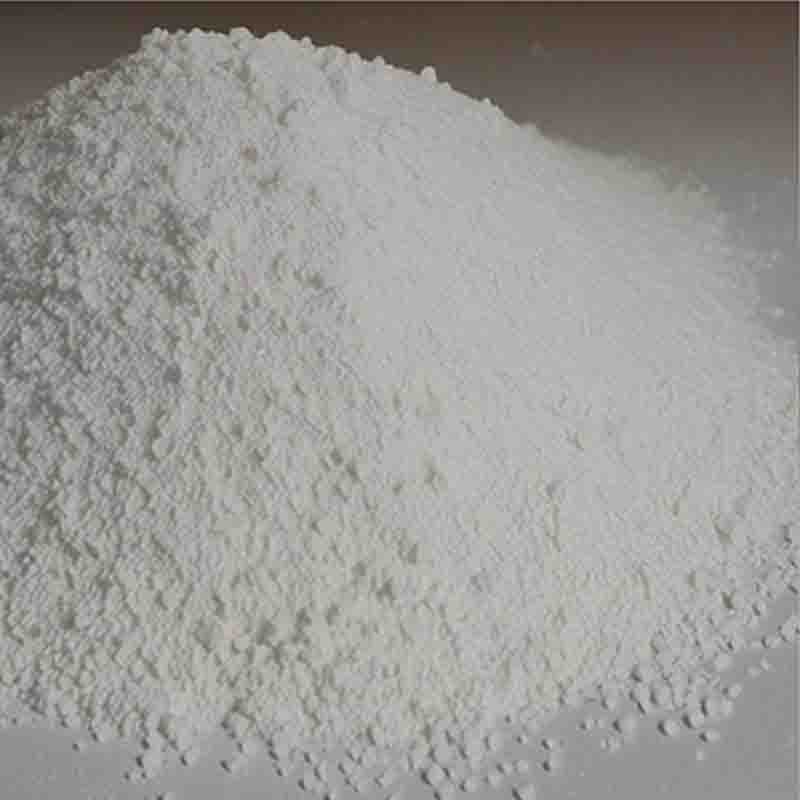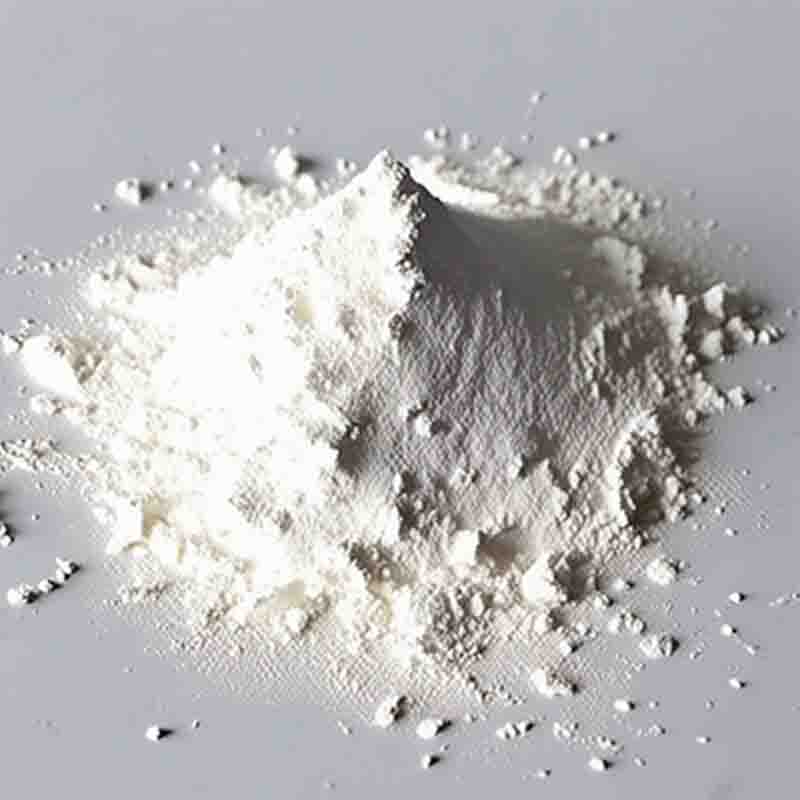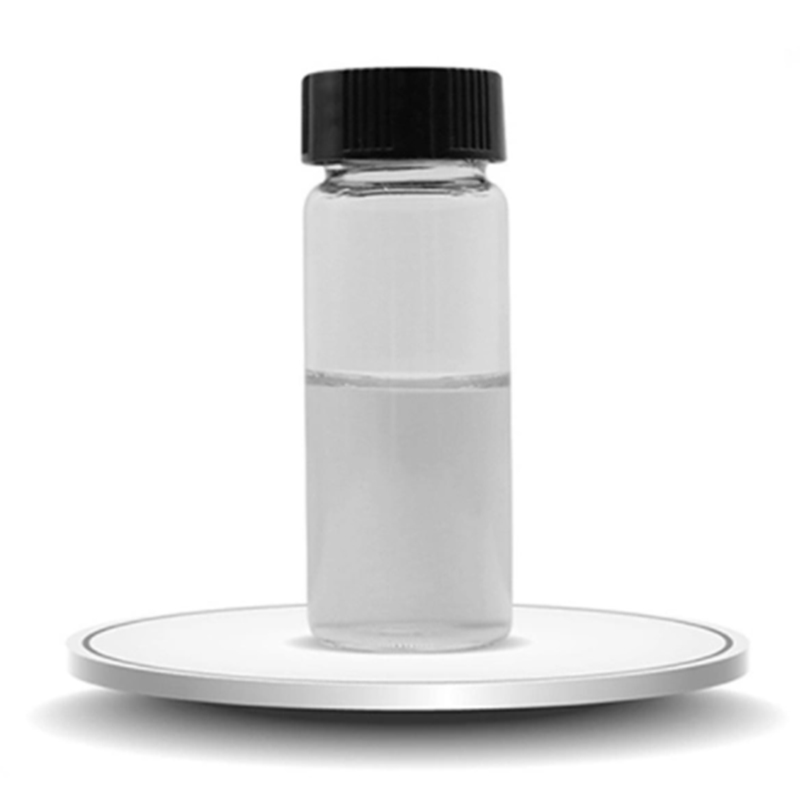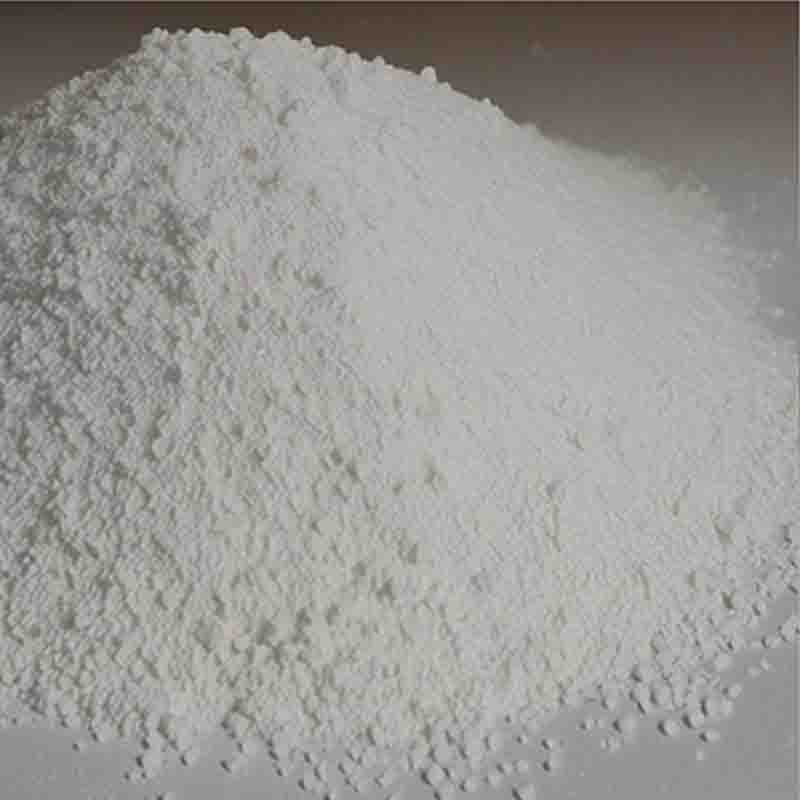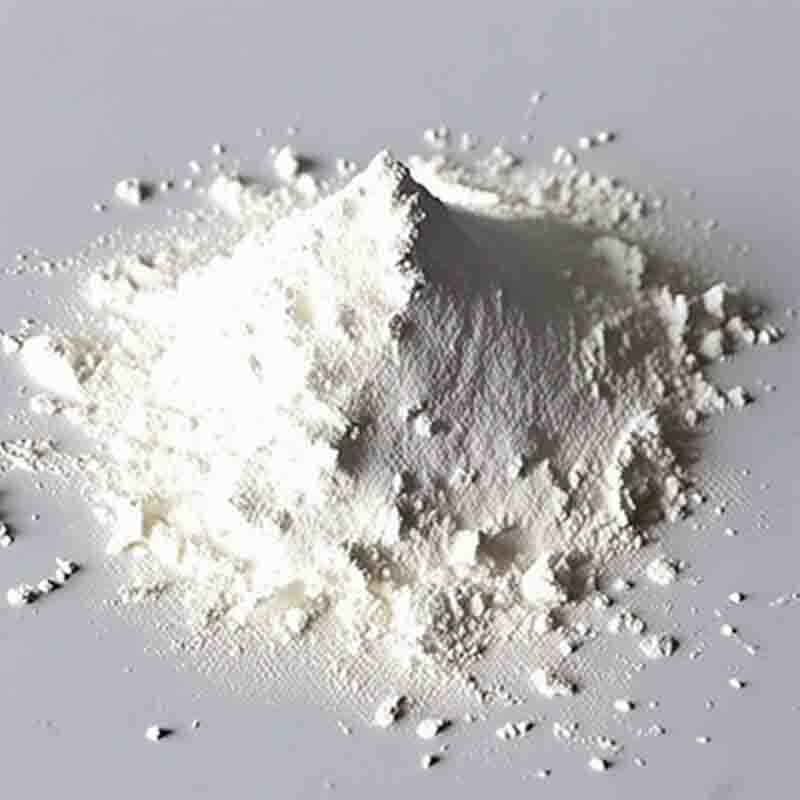Rhodium acetate CAS: 15956-28-2
| Catalog Number | XD93994 |
| Product Name | Rhodium acetate |
| CAS | 15956-28-2 |
| Molecular Formula | C8H12O8Rh2 |
| Molecular Weight | 441.99 |
| Storage Details | Ambient |
Product Specification
| Appearance | White powder |
| Assay | 99% min |
Rhodium acetate, also known as rhodium(II) acetate, is a chemical compound that consists of a rhodium atom bonded to two acetate ligands. It is widely used as a catalyst in various organic reactions due to its unique and powerful catalytic properties.One of the primary applications of rhodium acetate is in the field of organic synthesis. It is commonly employed in the preparation of various organic compounds through a variety of reactions. For instance, rhodium acetate is frequently used in carbon-carbon bond-forming reactions, such as the catalytic addition of carbenes to alkenes. This reaction, known as the Rh-catalyzed carbene insertion reaction, enables the construction of complex organic molecules by incorporating additional carbon atoms into the substrate. The high catalytic activity of rhodium acetate in this process allows for efficient and selective carbon-carbon bond formations.Rhodium acetate is also utilized as a catalyst in various cycloaddition reactions. Cycloadditions involve the formation of cyclic compounds by joining two or more reactant molecules together. Rhodium acetate has shown exceptional catalytic activity in cycloaddition reactions, such as the [2+2+2] cycloaddition of alkynes, which leads to the formation of highly substituted aromatic compounds. This reaction is widely employed in the synthesis of pharmaceuticals, agrochemicals, and advanced materials.Furthermore, rhodium acetate finds significant use in the synthesis of heterocyclic compounds. Heterocycles are organic molecules that contain atoms other than carbon in their ring structure, such as nitrogen, oxygen, or sulfur. Rhodium acetate plays a key role in the cyclization reactions that lead to the formation of heterocyclic compounds. This transformation is valuable in pharmaceutical and medicinal chemistry, where many active compounds contain heterocyclic cores.Rhodium acetate is highly valued for its catalytic efficiency, stability, and ease of use. It exhibits excellent catalytic activity even at low catalyst loadings, making it cost-effective for large-scale industrial applications. Additionally, it is a stable compound, which allows for long-term storage and usage without significant degradation.In conclusion, rhodium acetate is a versatile catalyst widely employed in organic synthesis. Its use in carbon-carbon bond formations, cycloaddition reactions, and heterocyclic synthesis makes it a valuable tool in the production of various organic compounds. The exceptional catalytic properties of rhodium acetate, coupled with its stability and cost-effectiveness, contribute to its widespread usage in both academic research and industrial applications.




